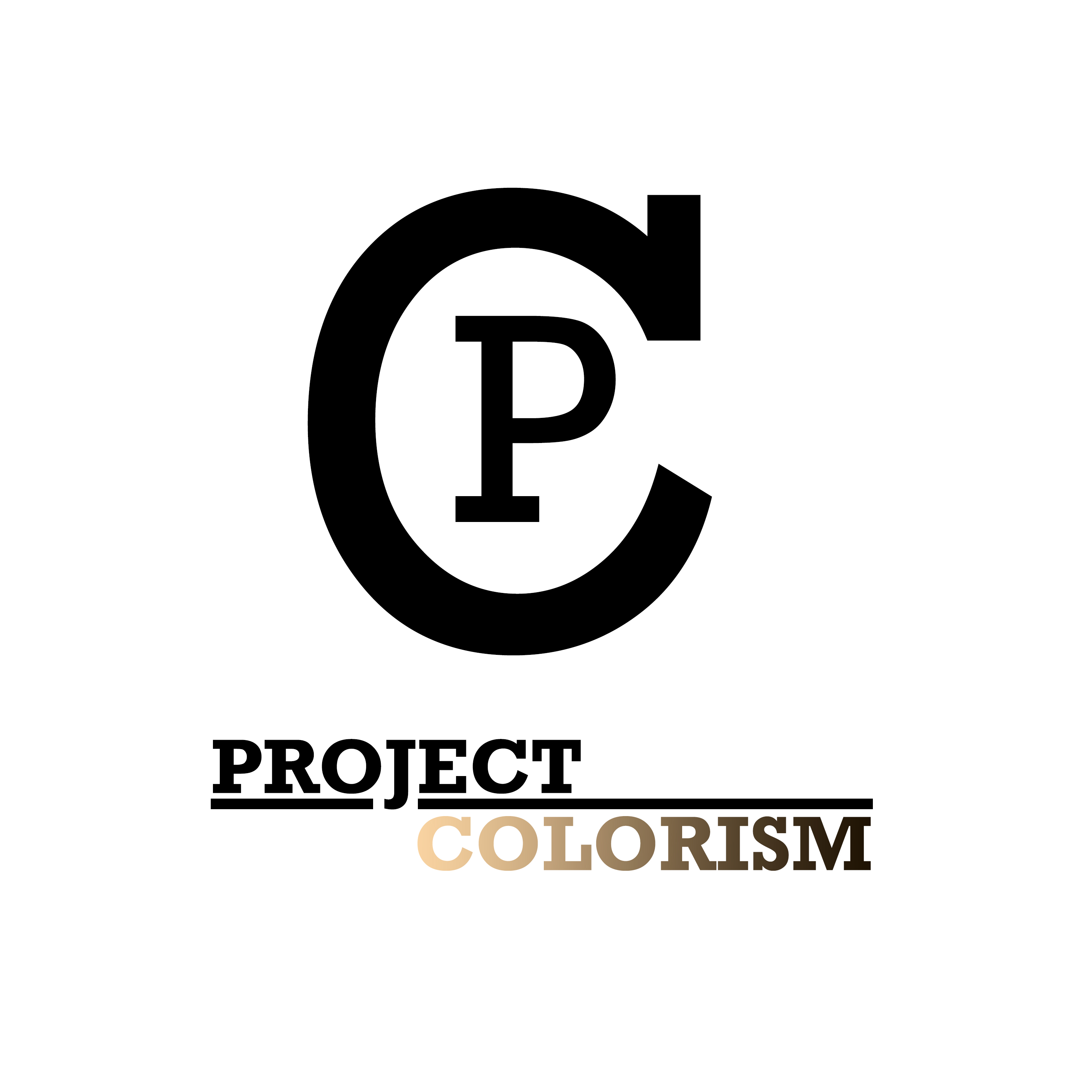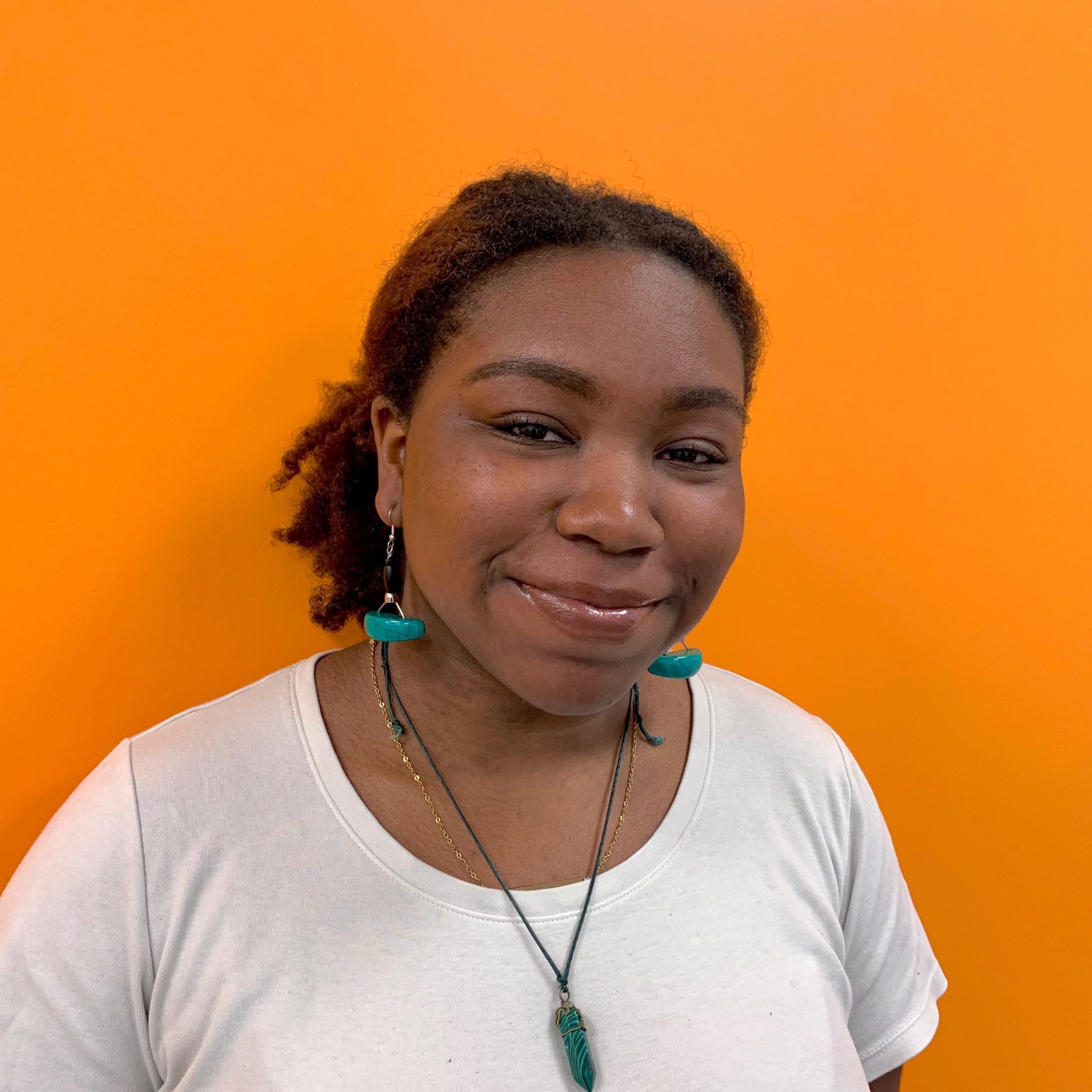Imani comes from DC, where she grew up with empowering messages about her skin tone through her family. “I’m thankful to have been raised by people who value black skin, and the whole 'Black is Beautiful' agenda. I think that has been really helpful for how much I love myself. I view my skin very well. I like when I get darker too. I think naturally it’s very pretty.” Despite growing up loving her skin, she still faced adversity. “Recently I’ve noticed it more in terms of being desired. There are a lot of people who think lighter skin tones are more attractive. I’ve noticed it in friends as well. I can’t say this is a fact but, I’ve noticed some of my friends who are lighter than me will prefer to be in pictures with my lighter friends. Not that they completely exclude me, however, it’s for aesthetic reasons. They prefer pictures of someone else and posting people on their social media over me. It’s kinda sad and I know that it’s not intentional, but it's kinda like the cheerleader effect where you want to be seen with other people that you think other people think are pretty, and sometimes I’m not that, so it is sad." When asked what kind of tools we can use to combat this she said, “I think that the conversations around colorism need to be more specific. I think we talk about it on a general scale. We talk about what the media shows us, what people in power show us, and certain things that affect society on a larger scale. We don’t talk about what I was talking about with my friends. We don’t have those conversations with people we know about how specific actions affect them. I think there should be more of that. I should listen to my own advice and start that conversation. Instead of talking about things that do affect us but not as much as the things that are right there in our circle. That would be useful for how it impacts people individually, and how it can change on a smaller scale because that more so affects your mental health and how you view yourself, almost as much as the media. The media controls those people who say those things to you, but if you stop it there then it doesn’t matter what the media does because you have handled that for yourself.

